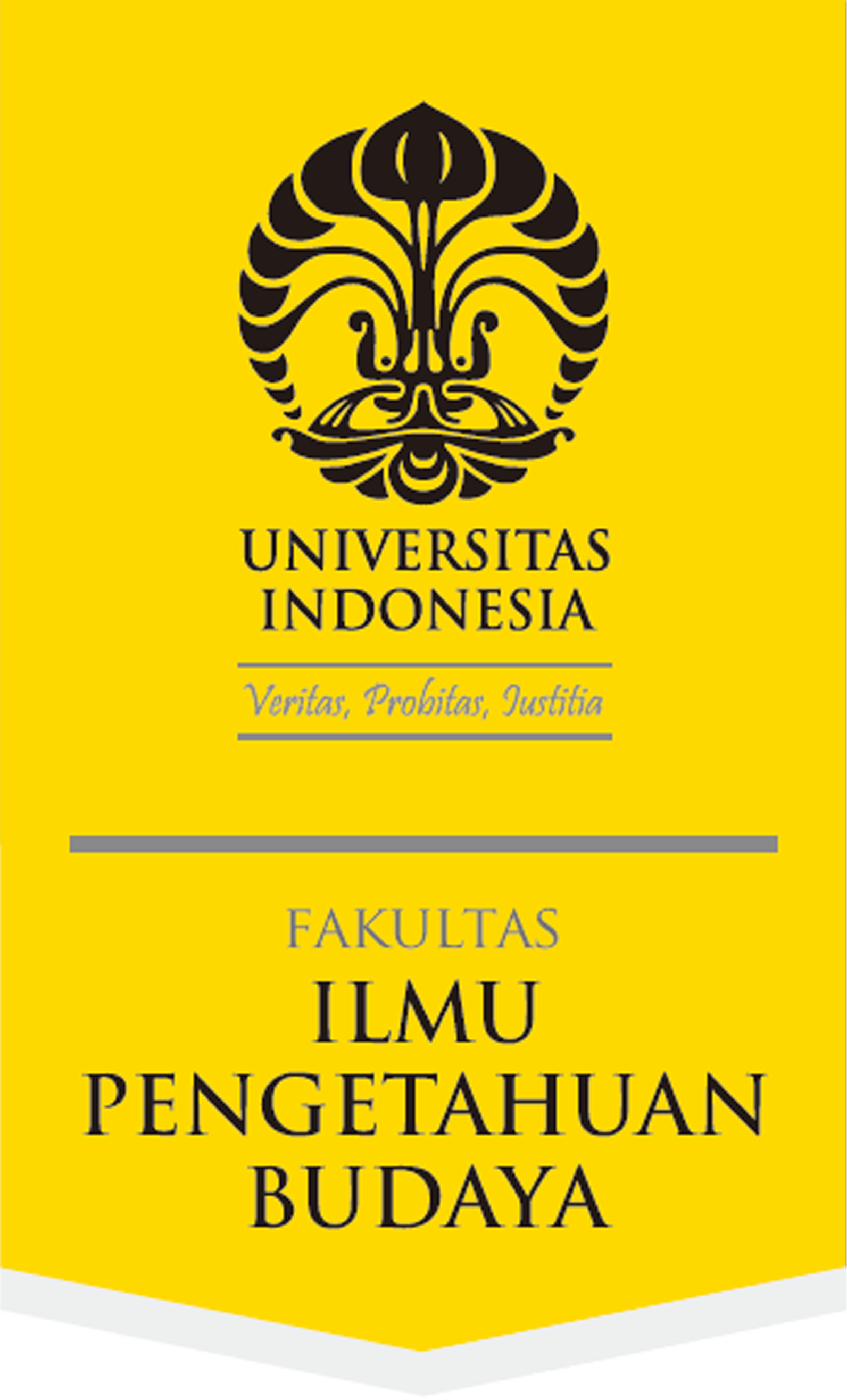Abstract
History is a representation of the past based on (written) knowledge which has been passed on from one generation to the next, with a preference given to written sources from a Eurocentric tradition. However, written sources about (former) colonial territories are a product of the colonial system in which they were produced. Acknowledging the biases in these archives, therefore, opens the way for acceptance of other forms of knowledge which were previously deemed “not objective” in Eurocentric historical disciplines. This paper presents several examples from the Banda Islands in Maluku province in Indonesia to attest that, by placing contemporary perceptions of the past and local reiterations of history on an equal pedestal as colonial documentation, we can work towards a more decolonial practice of writing histories. In the case of the Banda Islands, this means a shift from a colonial Eurocentric perspective of its history towards a narration of the past which honours the Bandanese heroes, religion, and resilience.
References
Alwi, Des. 2006. Sejarah Banda Naira. Jakarta: Pustaka Bayan.
Arfaoui, Meryem-Bahia. 2021. “Time and the colonial state”, The Funambulist 36: 26-30.
Bhabha, Homi K. 2004. The location of culture. New York, NY: Routledge.
Berg, J. van den. 1995. Het verloren volk; Een geschiedenis van de Banda-eilanden. Den Haag: BZZTôH.
Crawfurd, John. 1856. A descriptive dictionary of the Indian Islands & adjacent countries. London: Bradbury & Evans. [Retrieved from: http://archive.org/details/ldpd_6769878_000.]
Donkersgoed, J. van and M. Farid. 2022. “Belang and Kabata Banda; Significance of nature within the adat practices in the Banda Islands”, Wacana, Journal of the Humanities of Indonesia Vol. 23 No. 2: 415-450.
Engelenhoven, G. van. 2022. Postcolonial memory in the Netherlands; Meaningful voices, meaningful silences. Amsterdam: Amsterdam University Press.
Farid, Muhammad. 2021. Tana Banda; Esai-esai tentang mitos, sejarah, sosial, budaya Pulau Banda Naira. Jakarta: Prenada Media.
Florida, Nancy K. 1995. Writing the past, inscribing the future; History as prophecy in colonial Java. Durham, NC: Duke University Press.
Harrison, Rodney. 2013. Heritage; Critical approaches. New York, NY: Routledge.
Het Scheepvaartmuseum (Director). 2021. Een verloren gewaand manuscript [Video]. [Retrieved from: https://www.youtube.com/watch?v=YRtmOjOrioo.]
Neirabatij, M.S. 1922. Hikajat Lonthoir. [In the collection of the National Maritime Museum in Amsterdam. [Available at:
https://www.hetscheepvaartmuseum.nl/sites/default/files/2021-05/manuscript.pdf.]
Nicolaisen, W.F.H. 1991. “The past as place; Names, stories, and the remembered self”, Folklore 102(1): 3-15.
Ramirez, J. 2022. Femina; A new history of the Middle Ages through the women written out of it. London: W.H. Allen.
Ronkel, Ph.S. van. 1945. “Een Maleisch geschrift met nautische illustraties, over de geschiedenis van Banda”, Cultureel Indië 7: 123-130.
Rothberg, Michael. 2009. Multidirectional memory; Remembering the Holocaust in the age of decolonization. Stanford, CA: Stanford University Press.
Smith, Laurajane. 2006. Uses of heritage. New York, NY: Routledge.
Stella, Regis. 2007. Imagining the other; The representation of the Papua New Guinean subject. Honolulu, HI: University of Hawai‘i Press. [Pacific Islands Monograph Series 20.]
Stoler, Ann Laura. 2009. Along the archival grain; Epistemic anxieties and colonial common sense. Princeton, NJ: Princeton University Press.
Stoler, Ann Laura (ed.). 2013. Imperial debris; On ruins and ruination. Durham, NC: Duke University Press.
Wekker, G. 2017. Witte onschuld; Paradoxen van kolonialisme en ras. Amsterdam: Amsterdam University Press.
Wieringa, P.C. and Y. Attema. 1997. “The Spice Islands in the Banda Sea; Preliminary account of a factfinding mission to the Moluccan Islands of Banda Naira, Lonthor, and Ay”. [Zeist: Netherlands Department for Conservation, October 21.]
Recommended Citation
van Donkersgoed, Joëlla
(2023)
"Shifting the historical narrative of the Banda Islands; From colonial violence to local resilience,"
Wacana, Journal of the Humanities of Indonesia: Vol. 24:
No.
3, Article 8.
DOI: 10.17510/wacana.v24i3.1657
Available at:
https://scholarhub.ui.ac.id/wacana/vol24/iss3/8










